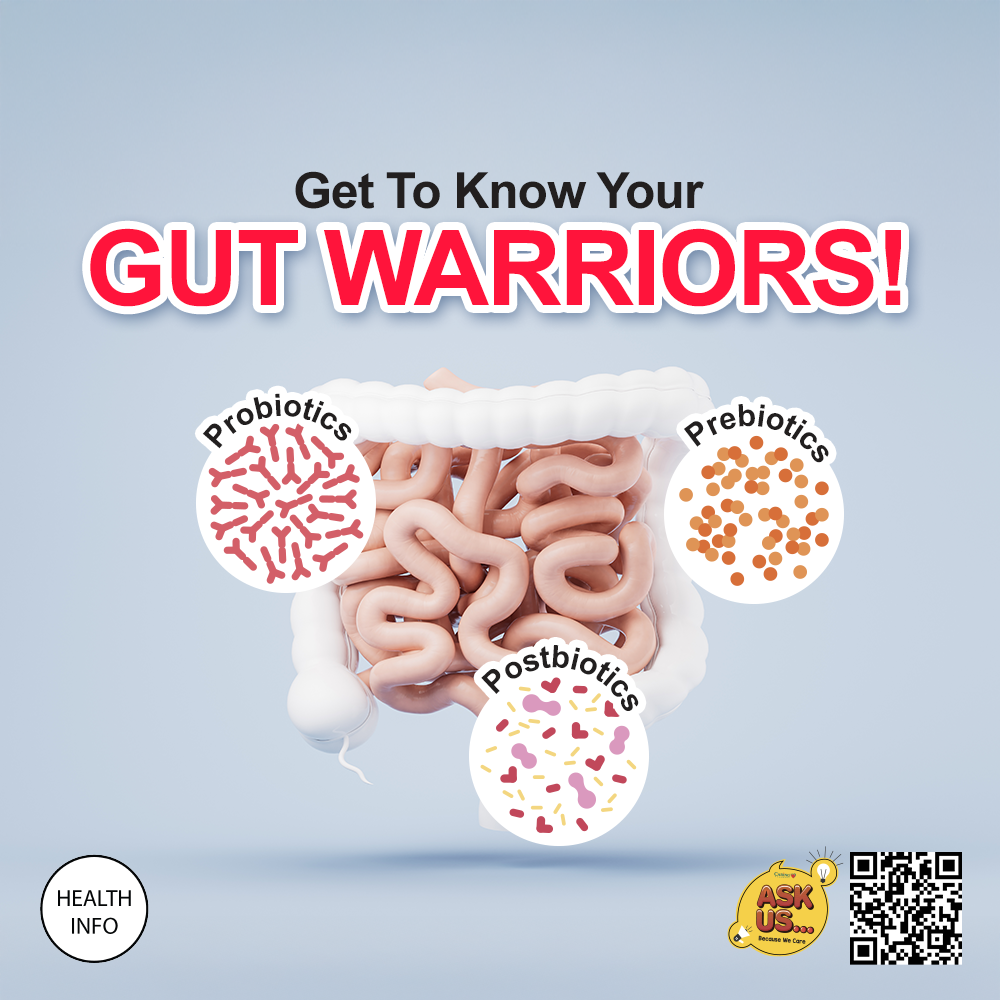- Home
- Health Center
- Health Info
- How To Choose Supplements For Breastfeeding
Supplements
How To Choose Supplements For Breastfeeding


Breast milk serves as the first natural food for newborn as it provides the ideal blend of nutrients required by the baby. In addition, breast milk contains antibodies that protect your baby against infection.1 The World Health Organisation recommends breastfeeding exclusively (no formula, juice or water) for the first 6 months of age.2
Breastfeeding mothers have increased nutritional requirements to cover the needs of both baby and themselves. It is recommended for them to have a diet with plenty of vegetables and grains, moderate serving of fruit, poultry and lean meats as well as some low fat dairy products.3 A general rule of thumb for mothers who breastfeed is to take fresh and unprocessed food. However, it can be difficult for them to get sufficient nutrients through food alone. Therefore, multivitamins may be a good option to supplement the diet of breastfeeding mothers.
Supplements for breastfeeding mothers:
1. Omega-3 fatty acids
The recommended daily intake of omega-3 fatty acids is 300mg/day.4 Omega-3 fatty acids are essential to support baby’s brain, eye, immune system and nervous system development. Studies also show that maternal supplementation of omega-3 fatty acids during breastfeeding can reduce food allergies and eczema in baby.5 Although omega-3 fatty acids can be obtained from fish, omega-3 fatty acid supplementation becomes a good option when mercury contamination in fish is a concern. Most fish oil supplements are molecularly distilled to purify the fish oil, thus ensuring it is free of environmental toxins. if the breastfeeding mother follows a vegetarian diet, omega 3 oral supplements are also available in the form of flaxseed and chia seed.
2. Calcium and vitamin D
The recommended daily intake of calcium for breastfeeding women is 1200mg/day while an estimated of 600IU (15mcg) of vitamin D is required.6 Calcium is vital for the bone and teeth formation of baby while vitamin D is needed for calcium absorption.7 The bone health of a breastfeeding mother may be jeopardized if she does not get enough calcium as the baby’s growing need for calcium will be drawn from mother’s bones.
3. Iodine
Babies require iodine for proper growth, development of brain, visual motor skills and hearing. Since breastfed babies depend on breast milk alone as their source of iodine, breastfeeding mothers need to get enough iodine for the baby and themselves. It is recommended that breastfeeding mothers take an iodine supplement of 150mcg per day and this requirement can be met through a multivitamin supplement specially for pregnancy and breastfeeding.3,7
4. Vitamins B group (Vitamin B1, B2, B3, B5, B6, B7, B9, B12)
Vitamins B group is important for the nervous system development and production of red blood cells.6,8 They have their own unique functions and are needed in different amounts. Since they are water-soluble and our bodies do not store them, daily supplementation is needed. These vitamins are mostly obtained from animal food sources and not found in plant-based food. Therefore, it is crucial for vegetarian breastfeeding mothers to take supplements containing vitamin B group.
5. Fenugreek
Fenugreek is a herb that is commonly used as a galactagogue to increase breast milk production. Studies indicate that fenugreek may have mild galactagogue effect.9 Fenugreek can be taken in the form of capsules, powder mixed with drinks or tea, typically in doses of 1-6g daily.9,10 It is considered safe in nursing mothers but should be used with caution in people with diabetes as it can lower blood sugar if taken at higher doses. As fenugreek belongs to the same family of peanuts and chickpeas, mothers who have peanuts and chickpeas allergy should avoid taking fenugreek.
References:
- Cacho N, Lawrence R. Innate Immunity and Breast Milk. Frontiers in Immunology. 2017;8(584).
- World Health Organization. Global Strategy for Infant and Young Child Feeding: The Optimal Duration of Exclusive Breast Feeding. 54th World Health Assembly. Document A54/INF.DOC./4. World Health Organization; Geneva: 2001.
- Australian National Health and Medical Research Council (NHMRC). 2013 Australian Dietary Guidelines. National Health and Medical Research Council. Canberra: 2013.
- Breastfeeding and the Use of Human Milk. Pediatrics. 2012;129(3):e827-e841.
- Gunaratne A, Makrides M, Collins C. Maternal prenatal and/or postnatal n-3 long chain polyunsaturated fatty acids (LCPUFA) supplementation for preventing allergies in early childhood. Cochrane Database of Systematic Reviews. 2015;(7).
- Kominiarek M, Rajan P. Nutrition Recommendations in Pregnancy and Lactation. Medical Clinics of North America. 2016;100(6):1199-1215.
- Leung A, Pearce E, Braverman L, Stagnaro-Green A. AAP Recommendations on Iodine Nutrition During Pregnancy and Lactation. Pediatrics. 2014;134(4):e1282-e1282.
- Allen L. B Vitamins in Breast Milk: Relative Importance of Maternal Status and Intake, and Effects on Infant Status and function. Advances in Nutrition. 2012;3(3):362-369.
- Fenugreek. Bethesda: U.S. Dept. of Health and Human Services, National Institutes of Health, National Center for Complementary and Alternative Medicine; 2012.
- Sim T, Hattingh H, Sherriff J, Tee L. The Use, Perceived Effectiveness and Safety of Herbal Galactagogues During Breastfeeding: A Qualitative Study. International Journal of Environmental Research and Public Health. 2015;12(9):11050-11071.
Latest Health Info
Ladies, Let’s Bring Out The Beauty In You
Ladies, Let’s Bring Out The Beauty In You As women juggle the demands of work, family, and personal health, taking ...
Healthy Weight, Happy Joints
How Does Weight Affect Knee Health? The Link Between Pounds And Pain Osteoarthritis (OA) involves the degeneration of joints, which ...
The Gut Warriors: Prebiotics, Probiotics and Postbiotics
When it comes to gut health, you’ve probably heard of prebiotics and probiotics. But did you know there’s also ...



